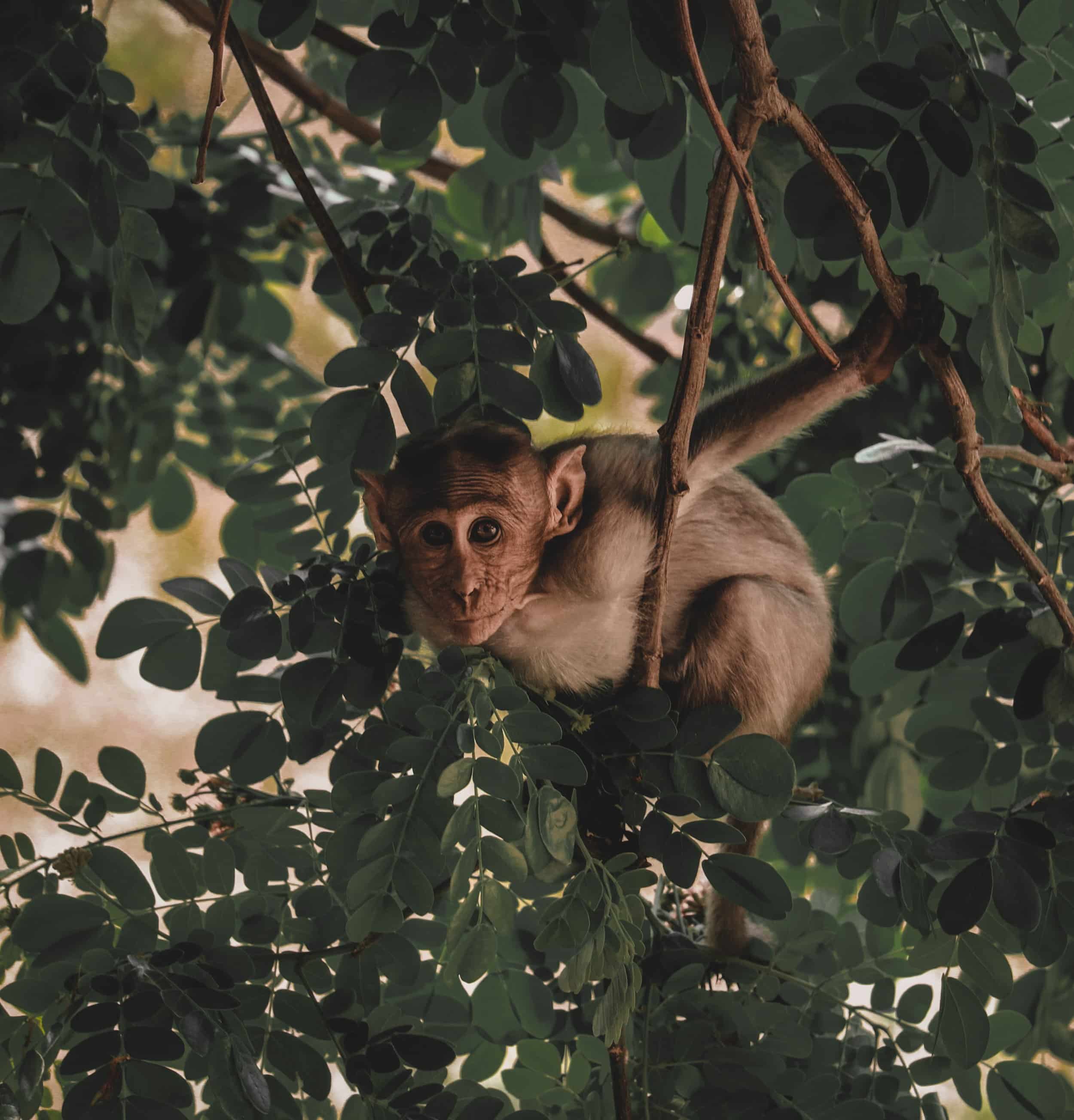
Attachment Theory
Are you familiar with attachment theory? With books such as Attached coming out, this theory is being spoken about in popular culture more and more. Since the late 1960s, attachment theory has come to be the bedrock idea of how we view child-rearing in the United States. We are coming to appreciate that the environment in which we grow up and the emotional and physical availability of our primary caregivers affects our overall health and well-being.
This article provides an overview of attachment theory. It discusses some of the original studies that both set the way for attachment theory to arise and then established its foundations. It closes by providing an overview of the types of attachment and discussing the importance of understanding attachment. The goal of this article is to introduce the complexities of attachment theory in the hope that doing so can be enlightening and give us a deeper understanding of ourselves.
Attachment Theory: An Overview

Attachment theory is a theory originating in developmental psychology that stresses the importance of “attachment” to another person, particularly (although not exclusively) early in life, to a person’s overall health and well-being later in life. The idea is that our ability to “attach,” i.e. form some sort of emotional and/or physical relationship with another person, is vital to our overall ability to develop as individuals.
Psychologist John Bowlby was the first to coin the term. His work in the late 1960s established the precedent that childhood development depended heavily upon a child’s ability to form a strong relationship with “at least one primary caregiver.” Generally speaking, this is one of the parents. John Bowlby and his colleague, Mary Ainsworth, defined attachment as a deep and enduring emotional bond that connects one person to another across time and space, and as a “lasting psychological connectedness between human beings.”
Attachment is fundamentally relational. It arises from being attuned to and interacted with by another human being, not necessarily from being housed and fed. Under this theory, if we are able to “attach” to others in a healthy way, we are then able to have the security and stability necessary for us to branch out and develop individually. We are able to take risks to become individuals because we know that we have others to support us if we need them to do so.
Origins of Attachment Theory:
The Harlow Studies
Studies conducted by Harry Harlow on monkeys during the 1950s and 1960s set the background for attachment theory. Harlow separated infant monkeys from other monkeys but provided them with food and shelter: that is, their basic needs were taken care of, but not their emotional needs. At the time that these studies were conducted, the common thinking was that our ability to both survive and thrive was based on our access to food and shelter. Harlow’s studies challenging this notion were revolutionary.
These studies showed that monkeys that were reared in isolation were, when later brought to interact with other monkeys, unable to do so. The isolated monkeys were scared of the other monkeys and behaved aggressively toward them. They exhibited coping skills such as clutching their own bodies and rocking compulsively. They also sometimes engaged in self-mutilating behaviors, such as tearing their hair out, scratching, and biting their own arms and legs.
In the most famous of the Harlow studies, the monkeys were given access both to a wire “mother” monkey, that provided milk but was uncomfortable to touch, and a fabric “mother” monkey, that provided no food but more physical comfort. Harlow and his colleagues found that the monkeys would go to the wire monkey only for food but would otherwise spend time and gain emotional support from the fabric monkey. From these studies arose the idea that emotional support is at least as vital to our survival as having our basic needs met.
Continue Reading Part Two Here
Allison is an Associate Marriage and Family Therapist and an Associate Professional Clinical Counselor with the Center for Mindful Psychotherapy. She views therapy as a collaborative process that helps you understand how to be the truest version of yourself. She works with adults, couples, and families. She helps people work through anxiety, depression, relationship issues, career challenges, and trauma. Visit her website, www.allisonzamani.com to learn more or reach out via e-mail at [email protected] to schedule a consultation call.
Associate Marriage and Family Therapist #107189
Associate Professional Clinical Counselor #5316
Supervised by Trisha Rowe, LCSW #13444


